Cats make wonderful companions, but it’s important to be aware of common mistakes new cat owners make.
In this blog post, we’ll highlight 25 mistakes that you should avoid to ensure the health, happiness, and well-being of your feline friend.
From cat health and diet to creating the perfect cat-friendly environment and understanding cat behaviour, we’ve got you covered. So let’s dive in and discover how you can be the best cat parent possible!
Cat Health Mistakes New Cat Owners Make
1. Not following correct vaccination schedules for cats
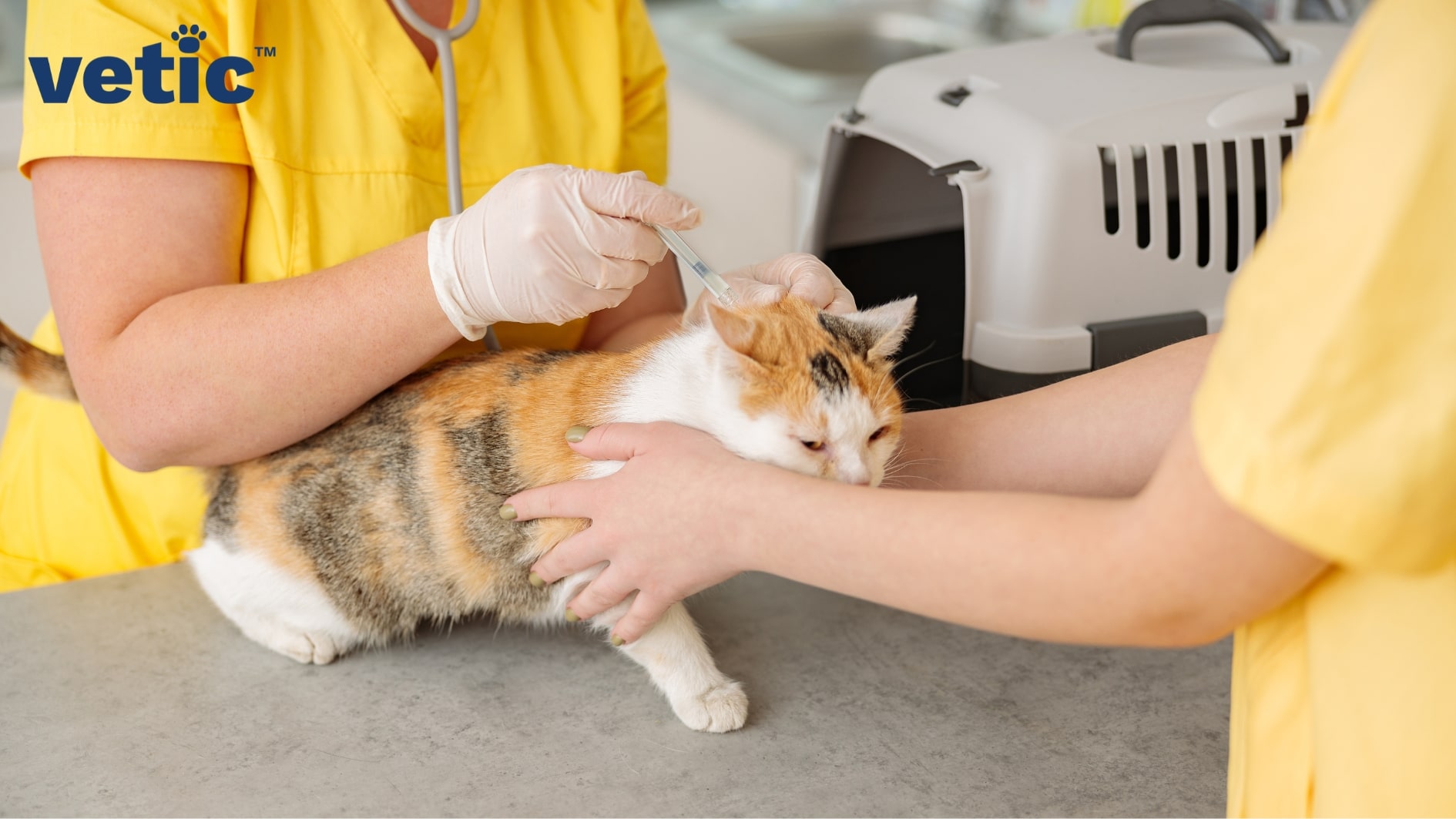
Skipping CRP and anti-rabies vaccines is not an option for cats residing in India. All viral infections in cats are common in the country irrespective of the state and city of your residence. Follow the proper vaccination schedule for cats and kittens to protect them from the most common viral infections.
2. Not paying attention to hairballs in cats
Hairballs are a real problem in all cats. long-haired cats may suffer more frequently from hairballs as compared to short-haired cats, but it is a common issue in all cat breeds. They ingest loose hair while grooming and that forms a ball of cat hair in their stomach. In most cases, they will throw the hairball up once in a while, but you can prevent them by deshedding or brushing your cat frequently.
3. Neglecting the dental care of cats
Just like us, cats need dental care. Yearly dental check-ups are mandatory for cats. If you are adopting an adult or senior cat, get their teeth checked first. Plaque and tartar can result in dental infections that will cause your cat to avoid food. In case your cat is eating less or not eating, visit a veterinarian near you immediately.
4. Not going in for regular vet check-ups
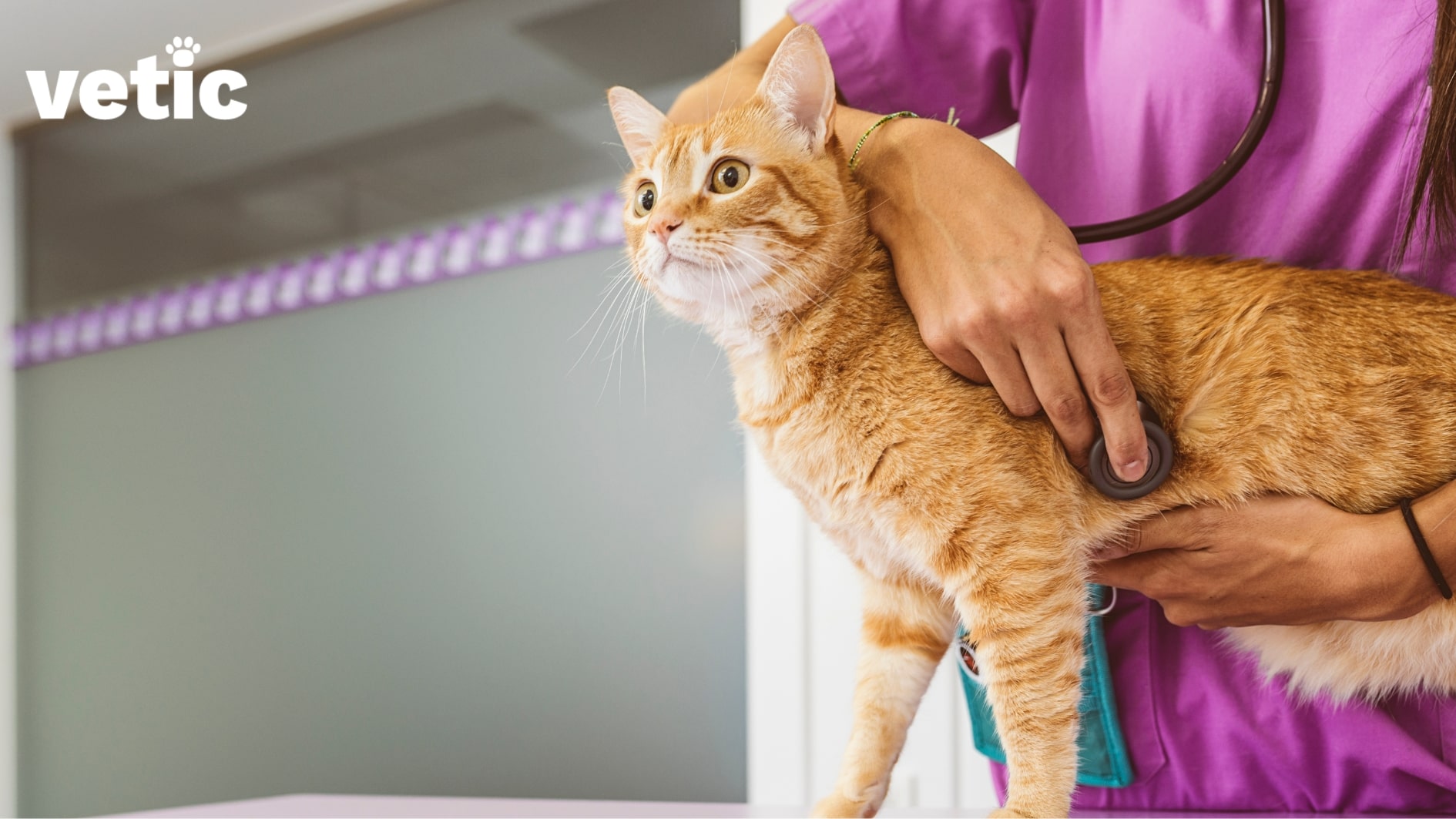
Cats need physical check-ups just like we do. You need to take your cat to the vet at least twice a year. The veterinarian will be able to detect early signs of diseases in cats that you may miss. You can download an app like Vetic that will allow you to schedule appointments for your cats from home and give you timely reminders as well.
5. Keeping houseplants in cat accessible areas
Cats are curious creatures and they may rub their faces or chew on houseplants. Avoid begonias, aloe, daffodils, all varieties of lilies, snake plants and ficus. Or, keep your plants in a place where your cat cannot go, such as the roof, balcony or hanging outside from the window sill.
6. Using toxic floor cleaners
Using common floor cleaners is very harmful to your cats. If your floor cleaner promises an ant or fly-free household, they have repellents or insecticides that your cat will pick up on their fur. They will ingest the toxic chemicals when they groom and it will cause long-term health issues. Use enzymatic detergents or cat-friendly floor cleaning products.
Diet Mistakes New Cat Owners Make
7. Sudden cat food or brand changes

Cats are creatures of habit. They do not like changes to their routine including their food. If you are using one type and brand of cat food, and wish to change to another. Introduce the new one slowly over at least one week. Gradually increase the quantity of the new cat food and decrease the quantity of the old one. Or you will have a sick cat who suffers from digestive problems.
8. Feeding incorrect cat food or diet
Do not feed your new kitten adult cat food. Adult cat food doesn’t have the ingredients that fast-growing kittens need. It can lead to malnutrition in kittens. Similarly, any cat above the age of 12 months eating kitten food may consume too many calories which leads to obesity.
9. Giving raw fish or cooked bones to cats
We have seen cats scrounge for bones in cartoons and real life, but that is not a part of their diet. Cats have no business eating raw fish. Fish is simply not a part of any cat’s natural habitat or diet. Feed them proper cat food or cooked chicken without the bones. Bones are choking hazards and you should never offer them to your cat.
10. Feeding cow’s milk and milk products to cats
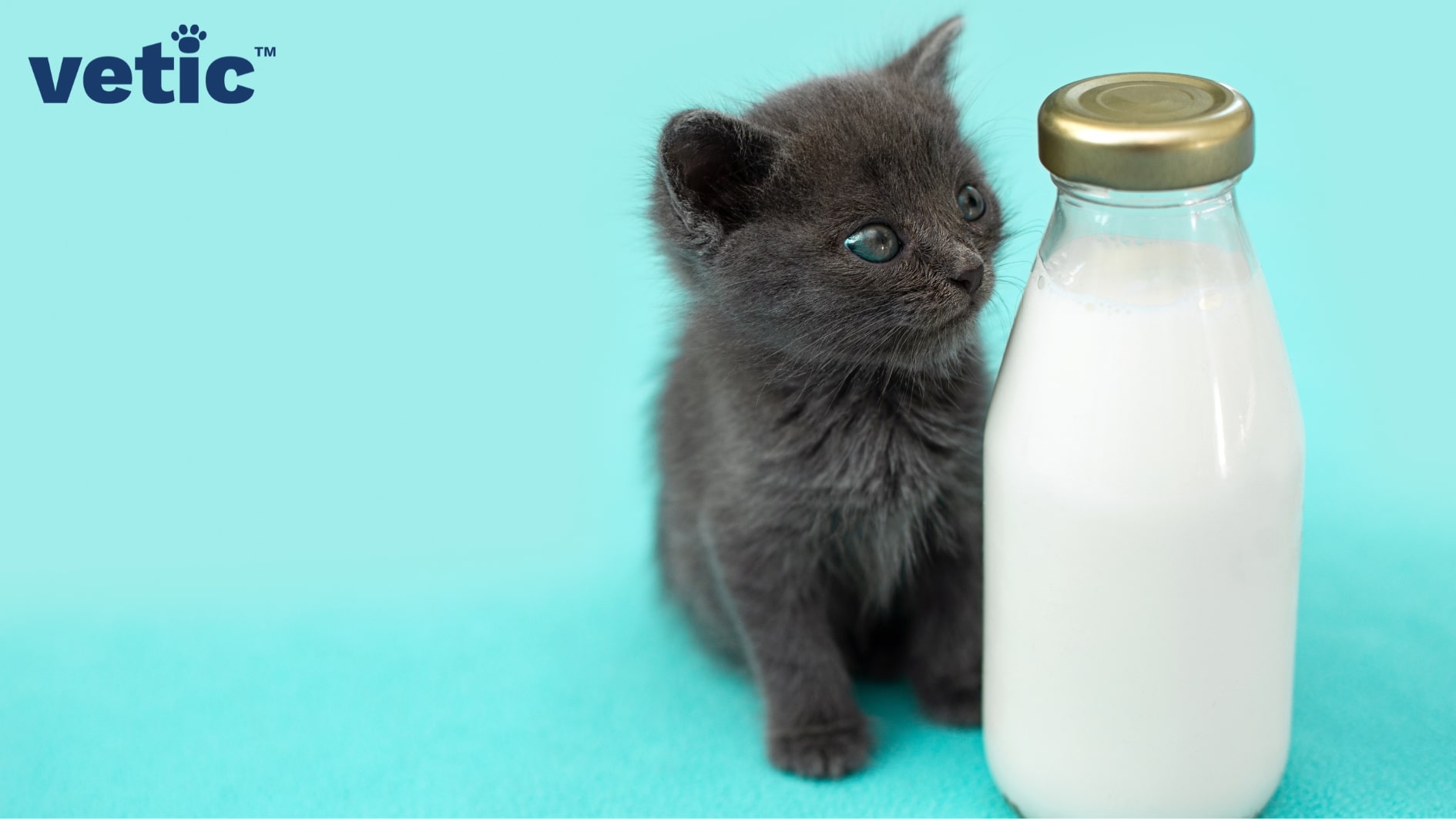
All cats are lactose intolerant. You should never give them milk and milk products even though they seem to love it. Milk will cause gastric distress within 12 to 18 hours after consumption. You may see your cat throwing up or passing loose stools after drinking milk. Take them to a pet clinic near you if that happens.
11. Not providing fresh water in a way they like it
Cats are very picky about what they eat and drink. In their natural habitat, most cats avoid stagnant water bodies. We have heard from several cat parents that their cats do not drink water. The reason is either the water bowl is too close to their food or the cats desire free-flowing water. Getting a water fountain is a good idea to keep your cat well-hydrated. You can also introduce wet food in small quantities to their daily diet.
12. Not storing cat food correctly
Try to store cat food in its original resealable packaging. If not, use an airtight container without any smell to store the food. Leaving cat food out can cause them to go rancid or lose their essential vitamins and minerals.
Cat Environment Mistakes Cat Owners Make
13. Not cat-proofing your home

When you are getting a kitten, cat-proof your house first. That involves tying up the electrical cords and removing breakable items from open shelves. If your kitten has a love for playing with charger cables and cords, get an interactive rope toy and attract their attention to the toy every time they begin fidgeting with the cords.
14. Washing your cat’s water/food bowl with scented detergent
Cats have a very strong sense of smell. Washing their bowls and accessories using scented detergents will strip them of the cat’s odour and the fragrance will irritate their senses. You may end up with a cat who refuses to eat or drink from freshly washed bowls.
15. Using essential oils and diffusers at home
We understand that essential oils can make your home smell great, but most of them are toxic for cats. They do not have the enzymes necessary to process essential oils. Clean your house frequently to avoid any bad odour.
Litter Box Mistakes Cat Owners Make
16. Not enough litter boxes

It is one of the most frequent mistakes new cat owners make. You need at least 2 litter boxes for one cat and 3 for two cats. In a multi-cat household, there should always be at least one extra litter box for your cats. Cats are territorial and they will want to use a particular litter box with their scent on it.
17. Not cleaning litter boxes frequently
Cats do not like dirty places and they may end up pooping or peeing on the floor or the rug next to the litter boxes if they aren’t clean enough. Unclean litter boxes are equivalent to unflushed toilets! Do not force your cat to use the dirty litter. Since it can lead to urinary tract infections and behaviour issues.
18. Using scented litter for your cat(s)
Just like scented detergents, scented litter also throws cats off. While lavender and citrus-scented litters may please our noses, they can be like olfactory assaults to cats. Use unscented clumping litter for your cats and kittens.
19. Choosing the correct litter box
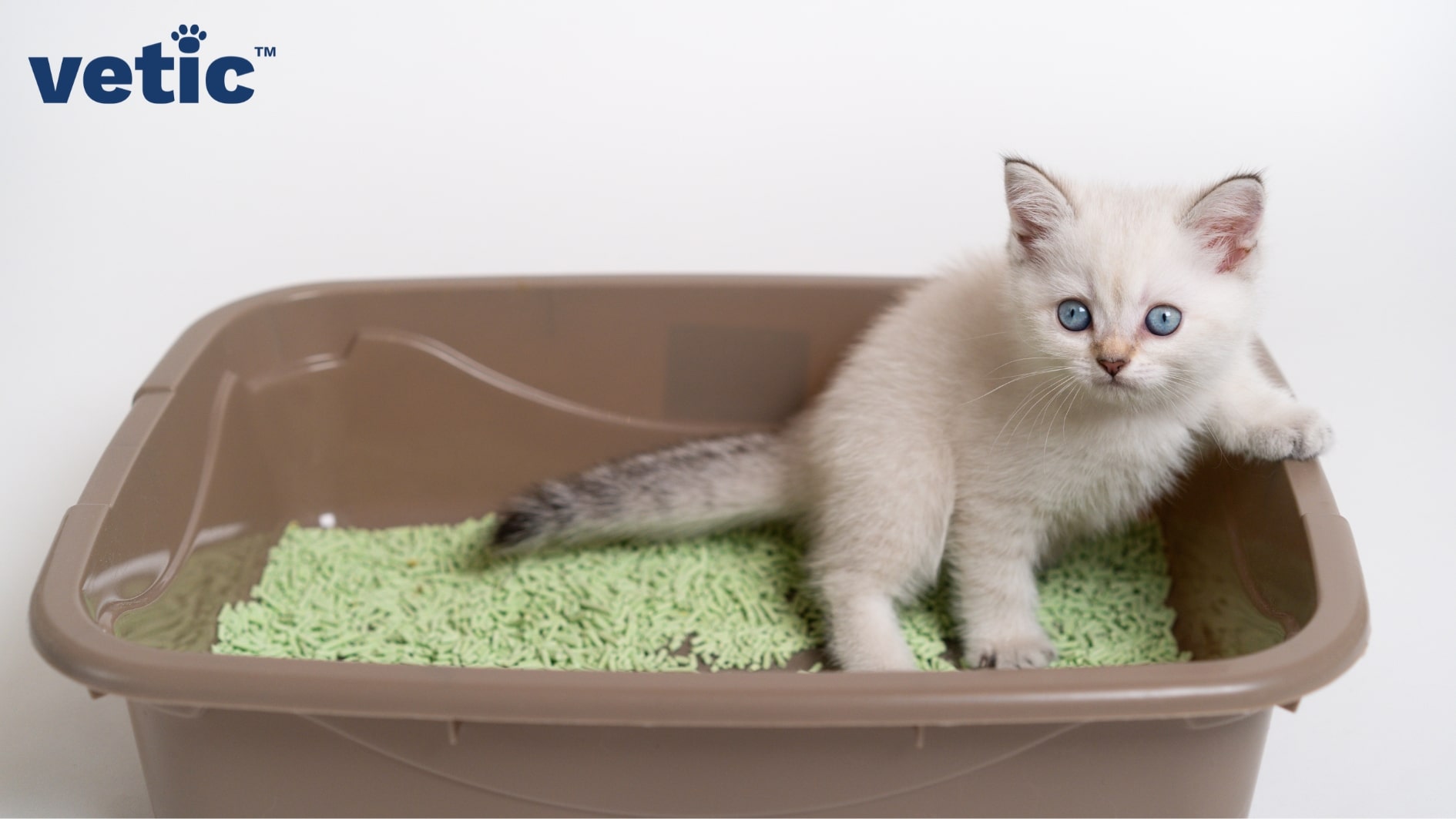
Do not expect your kitten to climb a 4-inch walled litter box! Begin with a small plastic tray with low edges and gradually transition to a larger box as your kitten grows up. The size of the litter box matters. Ensure that the length of the box is at least 1.5 times the size of your cat.
Cat Behaviour & Training Mistakes New Cat Owners Make
20. Not training your cats properly
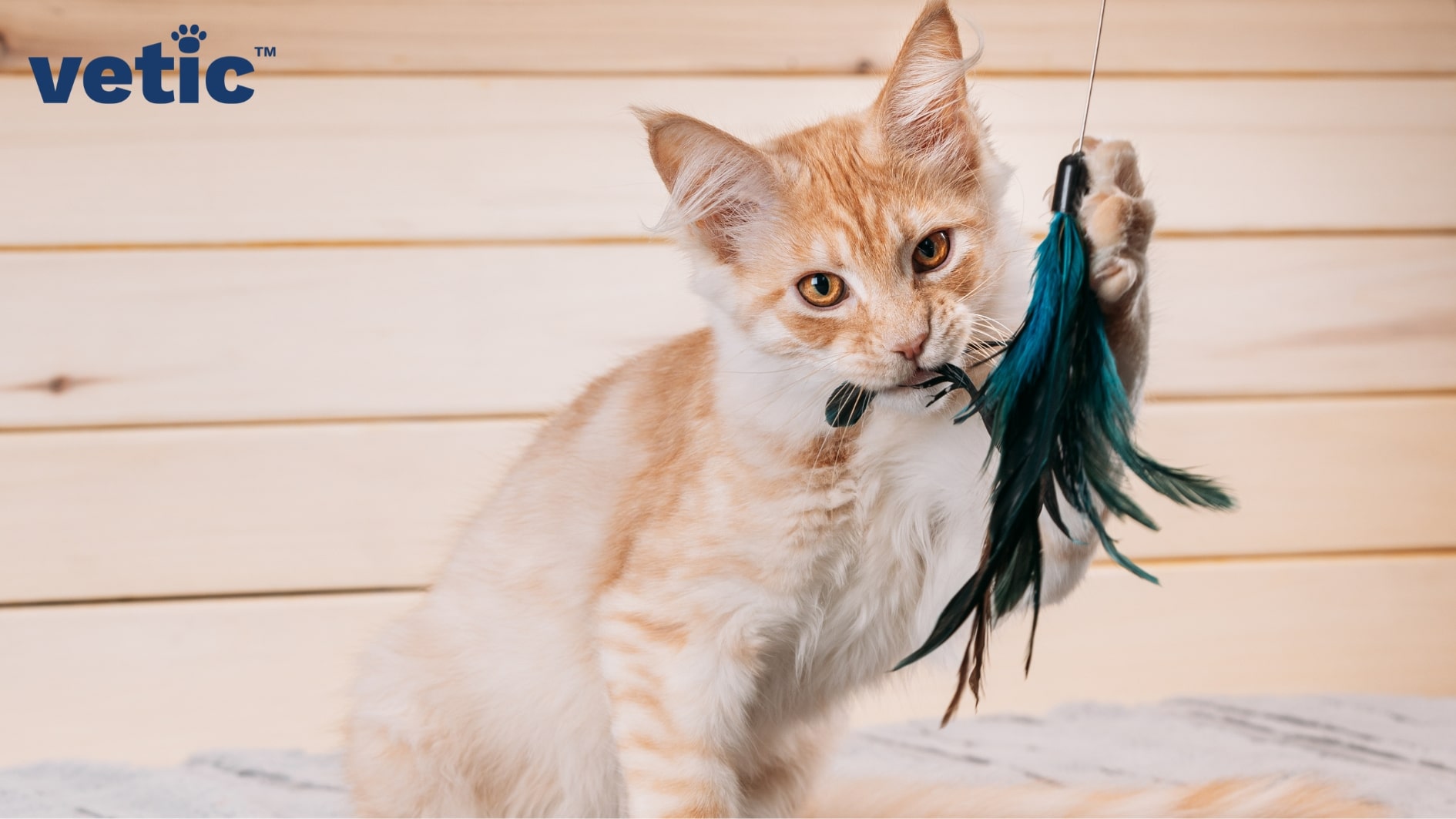
You need to train your cats to help them understand boundaries. Training them involves designating a fixed feeding time and playtime, and showing them places that are off-limits. Otherwise, you will have sleepless nights when your cat keeps waking you up. And your cat will get into dangerous places, like the kitchen counters and stovetops.
21. Treating them as small dogs
Cats can be trained to listen to commands, but they are not small dogs. Do not expect them to give up their natural instincts of chasing objects, climbing onto high places and scratching. Instead, you can get them a cat tree with a high resting area, hiding nook, and multiple scratching posts.
22. Forced socialisation and interactions

Some kittens and cats love people, while others don’t. Their personalities are very similar to that of humans. Do not force them to go out with you if they do not enjoy the outdoors or the company of other people and animals. You can, however, train them from a young age to like (or tolerate) the outdoors by taking them out in cat carriers or bags, where they feel safe.
23. Not providing comfortable (hiding) spaces
Even inside your house, they will need spaces for hiding. A majority of cats prefer sleeping in darker and cooler corners. You will often find a kitten hiding under the couch or bed. Again, it is their natural instinct that drives them to sleep in spaces that are not easily reachable by other pets or humans, but also comfortable. Try placing their bed under your bed or in a darker corner to make them feel safe while they sleep.
24. Not giving your cat enough physical and mental exercise
Your cat may not be a small dog, but they do need daily exercise just like dogs. You may not need to take them for walks, but you should invest in some interactive toys and cat puzzles to give them the physical exercise and mental stimulation they need. Not giving them the necessary exercise will result in untimely “zoomies” and destructive behaviour.
25. Keeping cats with guinea pigs, rabbits and birds

Cats are ace predators and you cannot expect every cat to become friends with smaller animals. If you have rabbits, guinea pigs or birds, make sure your cat cannot reach them. They have a natural hunting instinct and you may end up with unpleasant situations if you leave smaller animals around your cat.
Conclusion
As a new cat owner, it’s natural to make mistakes. However, by being aware of the common pitfalls, you can ensure a happy and healthy life for your feline companion. Keep the contact details of a pet clinic near you for any emergency situation.
From following the correct vaccination schedules and providing proper dental care to avoiding toxic substances and creating a cat-friendly environment, your cat will thrive under your care.
Remember, patience, understanding, and a little bit of extra effort go a long way in building a strong bond with your feline friend. By avoiding these 25 mistakes, you’ll be well on your way to becoming a responsible and knowledgeable cat parent.

